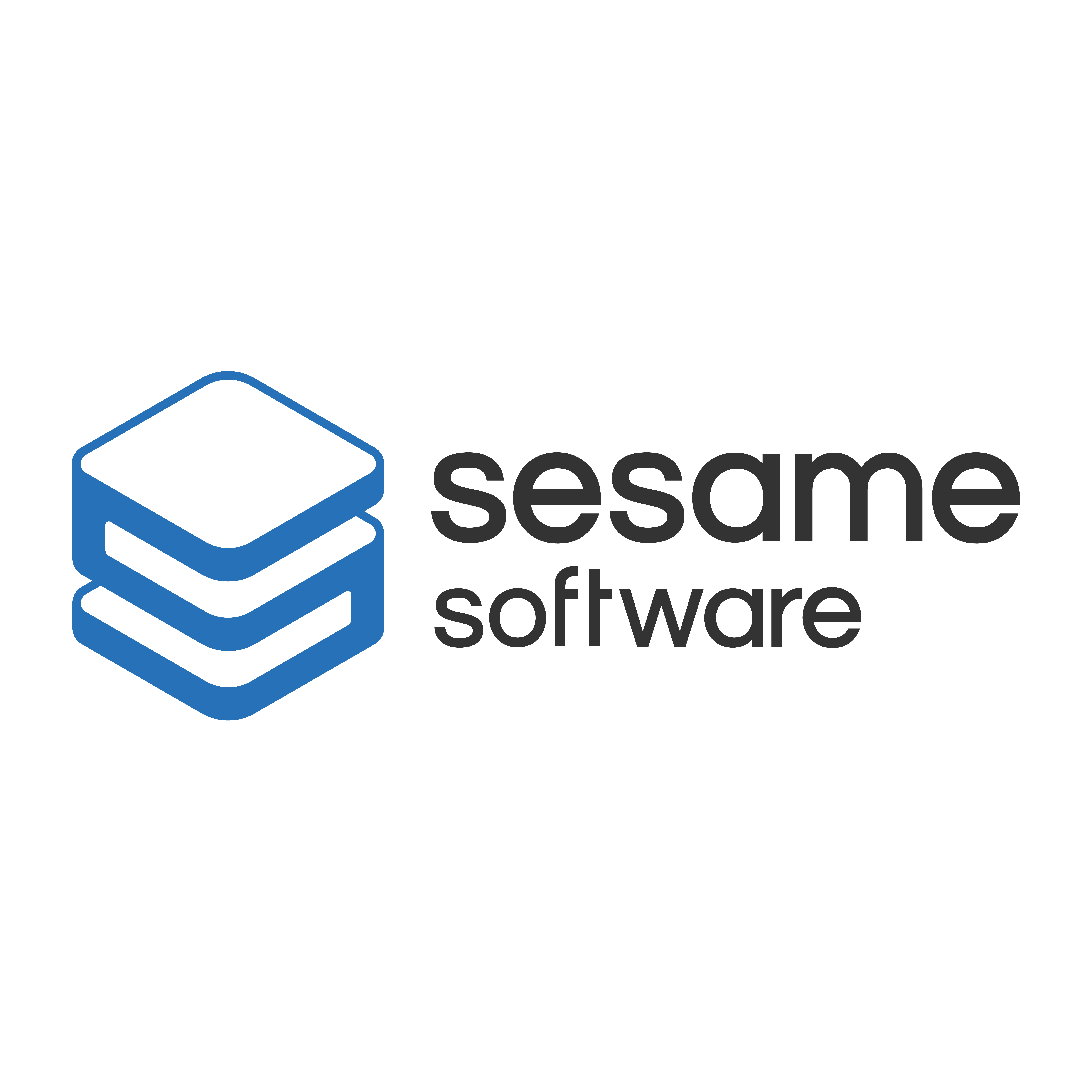In today’s highly interconnected world, governments are tightening regulations on bookkeeping and financial data storage. Standardized digital bookkeeping systems are being mandated to ensure tax compliance, enhance transparency, and prevent fraud.
Denmark is the latest country to introduce strict financial data regulations with its Executive Order on Requirements for Standard Digital Bookkeeping Systems. This mandate requires companies to maintain structured financial records, store backups within the EU/EEA, and retain data for five years. While this may seem like a localized rule, it’s part of a much broader global movement toward government-mandated digital bookkeeping standards.
For companies operating internationally or using cloud-based financial systems like NetSuite, these evolving requirements can present compliance challenges. Here’s a closer look at the global trends in digital bookkeeping laws—and how Sesame Software can help businesses stay compliant.
Why Are Governments Requiring Standardized Digital Bookkeeping?
Tax agencies worldwide are pushing for standardized reporting and secure digital financial records. The key drivers behind this shift include:
🔹 Combating tax fraud – Ensuring businesses maintain auditable, tamper-proof records.
🔹 Streamlining audits and tax filing – Standardized data formats make it easier for authorities to analyze financial transactions.
🔹 Increasing transparency – Governments want real-time access to financial data to prevent underreporting.
🔹 Enhancing security – Strict backup and retention policies prevent financial data loss.
The Danish law is just one example of how countries are moving toward stricter digital bookkeeping standards.
Denmark’s New Digital Bookkeeping Requirements
Under Denmark’s Danish Data Protection Act (DDPA), businesses processing financial data must adhere to strict compliance measures, including:
✅ Backups on EU/EEA servers – Data must be stored within approved regions to comply with GDPR principles.
✅ Automated backup schedules – A full backup must be made at least once per week, while incremental backups must be taken daily.
✅ Five-year retention – Businesses must retain financial data for a minimum of five full years.
✅ Comprehensive coverage – Companies must back up all bookkeeping transactions and financial vouchers related to purchases and sales.
For businesses relying on NetSuite or other cloud-based financial platforms, ensuring compliance with these regulations means adopting robust backup and archiving solutions.
Denmark Is Not Alone: The Global Trend in Digital Bookkeeping Regulations
Denmark’s new law is part of a growing international trend. Many countries have implemented similar government-mandated digital bookkeeping standards:
Europe: SAF-T & Digital Tax Reporting
The Standard Audit File for Tax (SAF-T) is an OECD-driven framework for electronic tax reporting, adopted by multiple European nations, including:
🇫🇷 France – Requires digital bookkeeping records in a format similar to SAF-T.
🇵🇱 Poland – Mandated SAF-T reporting for large companies in 2016, later expanding to SMEs.
🇳🇴 Norway – Enforced SAF-T regulations in 2020.
🇵🇹 Portugal – Requires businesses to submit electronic tax records via SAF-T.
🇷🇴 Romania – Introduced SAF-T reporting in 2022 for large businesses.
Global: Fiscal Memory Devices & Real-Time Reporting
Some countries have gone further by requiring real-time transaction reporting or fiscal memory devices that record transactions for tax authorities:
🇮🇹 Italy – Enforces fiscal printer laws for businesses.
🇧🇷 Brazil – Uses fiscal printers to track sales transactions.
🇷🇺 Russia – Requires cash registers with secure storage and real-time tax reporting.
🇭🇷 Croatia – Introduced a cloud-based fiscalization system in 2013.
Beyond Tax Compliance: Standard Business Reporting (SBR)
Some countries are taking a broader approach with Standard Business Reporting (SBR), which simplifies the way businesses exchange financial data with regulators:
🇳🇱 Netherlands – Aims for full digital business-to-government reporting by 2025.
🇦🇺 Australia – Uses SBR to reduce reporting costs for businesses.
🇳🇿 New Zealand – Working toward standardized digital tax reporting.
How Businesses Can Ensure Compliance
For companies operating in multiple jurisdictions or using cloud-based ERP and financial platforms, navigating these complex regulations can be challenging. Businesses need to ensure they:
✔️ Have automated, secure backups in compliant regions.
✔️ Store financial data for the required retention period (5 years in Denmark).
✔️ Perform frequent, automated backups (weekly full backups and daily incremental backups).
✔️ Ensure compatibility with government reporting formats like SAF-T.
This is where Sesame Software can help.
How Sesame Software Simplifies Compliance for NetSuite Users
Sesame Software’s backup and archiving solutions provide businesses with the security, automation, and compliance they need to meet new financial data regulations.
✔️ Automated Backups – Full weekly backups & daily incremental backups.
✔️ EU/EEA-Compliant Storage – Data stored on approved servers.
✔️ Long-Term Archiving – Meets Denmark’s five-year retention policy.
✔️ Seamless NetSuite Integration – Easily back up and restore financial data.
As governments continue tightening digital bookkeeping regulations, companies must stay ahead of compliance requirements. With Sesame Software, you can secure your financial data, meet legal mandates, and ensure smooth operations—without disruption.
Is your business ready for the new era of financial compliance? Contact us today to learn how we can help.
Book your March demo with Sesame Software and you’ll be entered to win a gift card—and if you sign a contract in April, your rewards get even bigger. It’s a simple way to level up your data strategy while earning real value for your business. Make sure you don’t miss out on this chance to optimize your data and get rewarded for it.


